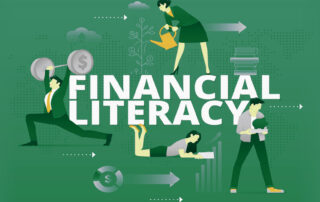IRA (Inflation Reduction Act of 2022)
Changes are coming to Medicare in 2025 that you won’t want to miss! Here is a brief overview to help you understand what the changes are, how they came to be and how they are going to affect you next year and beyond. The Inflation Reduction Act (IRA) of 2022 was passed by Congress to address rising healthcare costs, among other economic concerns. The act originated from long-standing efforts to reduce the financial burden on Americans by tackling inflation and lowering prescription drug costs among other things. The Medicare provisions within the Act are a direct response to increasing pressure from advocacy groups, healthcare experts, and seniors, who have been calling for reforms in drug pricing for years. The Act’s focus on limiting drug price hikes to no more than the inflation rate and introducing price negotiations represents a major shift in Medicare policy. By granting Medicare the ability to negotiate drug prices and capping out-of-pocket expenses for beneficiaries, the IRA aims to address the growing affordability crisis in healthcare. Beginning in 2025, Medicare will negotiate the prices of some of the most expensive drugs, helping to lower costs for millions of seniors. Another critical part of the Act is there will be a $2,000 annual cap on out-of-pocket prescription drug expenses. This ensures that beneficiaries won't be overwhelmed by large prescription bills providing them with financial stability. In addition, the Act introduces a payment plan option, allowing Medicare beneficiaries to spread out the costs of expensive prescriptions throughout [Read More...]









